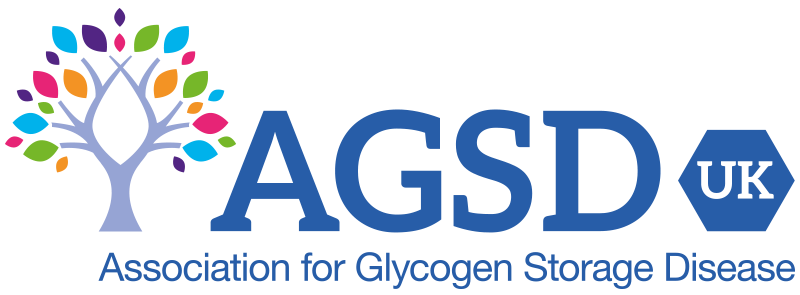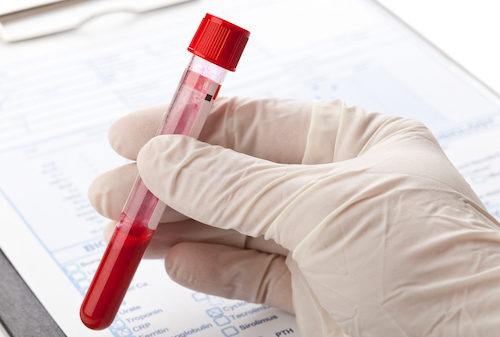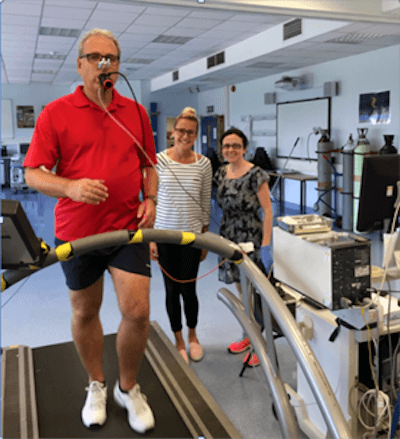There has been a lot of research into McArdle’s considering the numbers affected, and now is an exciting time for further developments. Maybe you can help.
Would you join a clinical trial in McArdle’s?
As McArdle’s is an ultra rare disease, it is very difficult to get adequate numbers of people to participate in clinical trials.
This video from the Medical Research Council (MRC) focuses on much larger scale trials than ours, but it gives a flavour of what is involved in planning and running a trial.
Register with Euromac via the McArdle Clinic
To help address this problem multi-centre trials are often organised, with two or three centres in different countries. These are often coordinated through Euromac, the European consortium of research and clinical institutes across Europe.
Make your interest known
More opportunities are arising all the time, so if you are interested in helping future generations of McArdle patients, please make your interest known to our McArdle Coordinator. If you attend the McArdle Clinic in London, also make your interest known to them.
Try searching the clinical trial registries
There is just a chance that something will come up that you don’t hear about through the McArdle Clinic or Euromac. The three registries below hold information on planned and current trials. Some UK patients have traveled internationally in order to join trials.
Most sudies will involve giving multiple blood samples.
Increase your chances
To have the best chance of being included in a trial you can do a few things:
- Make sure that you have had genetic confirmation of your McArdle’s through DNA analysis.
- Be on the list of the McArdle Clinic in London.
- Make sure you have signed up to inclusion in the Euromac Registry.
But don’t be disappointed
Each trial will have its own inclusion and exclusion factors such as age range, gender, co-morbidities, etc. So be prepared for disappointment. If you are over 65, sorry but you probably won’t get in at all.
A trial at Brunel University organised through the McArdle Clinic and AGSD-UK.
What might be involved
Trials can vary enormously from ones that just take a day to ones that involve multiple attendances over many months. The subjects involved can vary from diet, to exercise, to drugs and even to psychological issues. Be prepared to go through regular tests such as ECG and bloods, but only very rarely to something intrusive such as a muscle biopsy. Full details will be given before you sign up to “informed consent” and join the trial.
Clinical trials registries
Search the US, European and World Health Organisation registries.
For recent status of research that has reached the clinic for human studies, it is worth checking with the three clinical trial registries, using search terms and filters to focus the results on recent studies.





